A 34 year old radio-disc jockey overthrows a democratically, twice-elected president. The ousted president just happened to be the vice-president of a large Christian denomination. Now, the pastors and members of that denomination, the second largest church body in the country, are harassed, jailed, even killed as the new dictator solidified his control. You’ve never heard of this, and I’m not surprised.
The West’s response to this coup was anemic and the media’s interest has been paltry. This country is not very strategic for US interests. Rumors abound as to why the US is afraid to take too strong a stand. Could it be a fear of upsetting other powers that are needed on a whole host of other global issues? Ah, the joys of international politics. Yet, the reality of the people being tortured and ostracized is real and painful.
A report released this month at least gives voice and nuanced perspective to this tragedy, and many others that occur explicitly in the name of religion, while at the same time somewhat redeeming the US government’s lack of action.
The Annual Report on International Religious Freedom (https://www.state.gov/g/drl/rls/irf) is a powerful tool and a prophetic act of the U.S. government that all citizens, especially people of faith, should read. In 1998 Congress created a special Ambassador-At-Large role to “monitor religious persecution and discrimination worldwide, recommend and implement policies in respective regions or countries, and develop programs to promote religious freedom.” Since that time an annual report has been produced both to inform Congress, and alert the world to religious faiths and people of faith who suffer at the hands of repression.
Such reports are needed. It puts oppressive governments on alert. Do what you decide to do, but know we are watching and we’ll tell on you. It also informs US citizens who take a business, cultural, or tourist interest in a particular country. This report is increasingly valuable for mission work where churches commit great resources of time and money with local Christians of another country and want to ensure a wise and strategic “kingdom investment opportunity.”
Such reports also present the complexity that accompanies religious tension and interplay within a society. It is difficult in our country with a fairly monolithic religious landscape to comprehend the centuries old alliances, perspectives, and subsequent voting behavior. An expert voice describing the religious landscape can help one avert problems if not explicit conflict.
The country mentioned above with the disc-jockey, have you guessed it yet? Madagascar. No, not the kids’ movie, but the real, hurting place about which the US government will at least write bold words since bold action from the State Department seems still to come.

